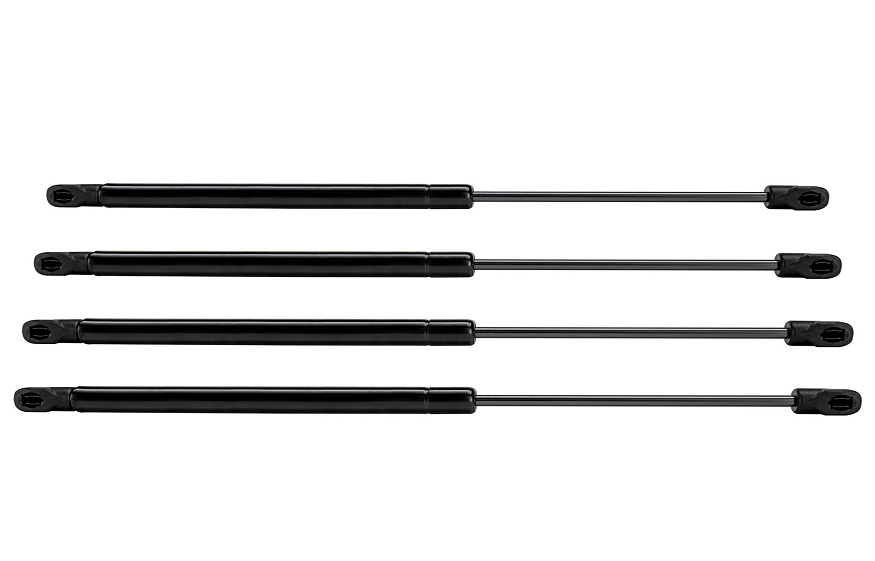Bordeaux, located in southwestern France, is one of the most renowned wine regions in the world. With centuries of history and an unmatched reputation for quality, Bordeaux wines continue to be highly sought after by consumers globally. For wholesale suppliers, Bordeaux wine represents both an opportunity and a challenge due to its complexity, prestige, and market demands. The Bordeaux wine wholesale industry is a vital link in bringing these celebrated wines from vineyards to retailers, restaurants, and consumers across the globe.
1. A Diverse and Prestigious Portfolio
The Bordeaux wine region is incredibly diverse, with more than 7,000 wine producers spread across 60 appellations. Bordeaux produces a wide variety of wines, from the highly prestigious (and expensive) Grand Crus Classés to more affordable, everyday options. The most famous sub-regions include Médoc, Graves, Saint-Émilion, and Pomerol, each known for producing wines with distinct characteristics.
Wholesale suppliers of Bordeaux wine must curate a portfolio that reflects this diversity. High-end retailers and fine dining establishments may demand top-tier wines such as Château Margaux or Château Latour, while other clients might prioritize more affordable wines from lesser-known producers that still carry the Bordeaux name. Sourcing and stocking such a broad range requires wholesalers to have deep knowledge of the Bordeaux market and the ability to manage a wide array of price points, ensuring that they can meet the varied needs of their clients.
2. Sourcing Bordeaux Wines: Relationships Matter
Sourcing Bordeaux wines requires more than just placing orders. Bordeaux wholesale suppliers must establish and maintain strong relationships with producers, which can sometimes take years to build. Many Bordeaux vineyards have long-standing partnerships with specific wholesalers, and access to top-tier wines can be competitive. Wholesalers who manage to secure these relationships benefit from a consistent supply of some of the most sought-after wines in the world.
However, the competitive nature of Bordeaux also means that new entrants into the wholesale market may find it difficult to gain access to premium wines. Those who are able to establish new relationships with up-and-coming producers or negotiate exclusive deals for emerging wines can carve out a niche in the market.
Read More: Company Formation Chile .
3. Logistics and Storage: Managing Fine Wines
Bordeaux wines, especially those from prestigious vineyards, require careful handling and storage. These wines are often sensitive to temperature fluctuations, humidity, and light exposure, which can affect their quality. Wholesale suppliers need to ensure that they have the proper storage facilities to maintain the integrity of the wines, whether they are selling to restaurants, wine shops, or even private collectors.
Logistics are equally important. Bordeaux wines are often in high demand across the world, meaning that wholesalers must be prepared to manage international shipping, customs, and regulatory requirements. This is especially important when dealing with wines destined for regions outside of the European Union, where import regulations can be stringent. Timely and safe delivery of Bordeaux wines to global destinations requires meticulous planning and coordination.
4. Navigating Market Trends and Consumer Preferences
While Bordeaux enjoys a classic reputation, the wine market is dynamic, and consumer preferences are constantly evolving. In recent years, there has been a growing demand for organic and biodynamic wines, with more consumers looking for sustainably produced options. While Bordeaux has traditionally been known for its highly controlled and prestigious production methods, many producers have begun shifting toward more sustainable practices to meet this demand.
Wholesale suppliers who stay ahead of these trends by expanding their portfolios to include organically produced Bordeaux wines can tap into new market segments. Additionally, educating retailers and restaurants about these wines helps drive consumer interest and boost sales.
5. Marketing and Selling Bordeaux Wines
Marketing Bordeaux wines is both an art and a science. For wholesalers, it’s not enough to simply have the product on hand. They must effectively communicate the qualities and stories behind each wine, particularly for those from lesser-known producers who may not have the same brand recognition as the major châteaux.
For many buyers, the Bordeaux name carries inherent prestige, but wholesalers still need to differentiate between wines based on factors such as vintage, sub-region, and winemaking techniques. Offering tastings, training retail staff, and providing detailed product information helps wholesalers position themselves as experts in the Bordeaux market, building trust with their clients.
Bordeaux wine wholesale represents a unique niche within the global wine market. Wholesalers who excel in this field are those who can curate diverse portfolios, manage complex logistics, and build strong relationships with producers and clients alike. As Bordeaux continues to evolve and respond to consumer trends, wholesalers who stay informed and adaptable will find themselves well-positioned to succeed in a competitive and ever-changing industry. Whether dealing in the finest Grand Crus or more approachable Bordeaux blends, the opportunity to work with one of the world’s most respected wine regions remains both rewarding and challenging.





Leave a Reply
You must be logged in to post a comment.